Publications
UCN documents
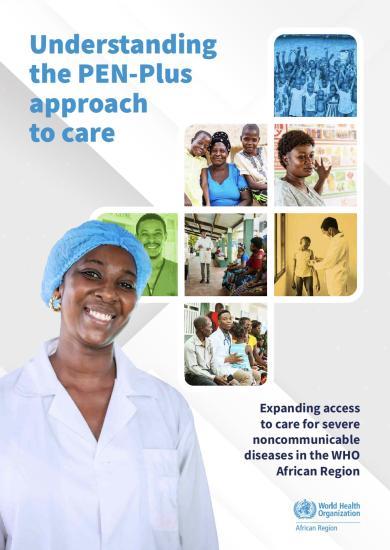
Understanding the PEN-Plus approach to care: expanding access to care for severe noncommunicable diseases in the WHO African Region
PEN-Plus contributes to reducing premature mortality from severe NCDs by providing integrated care and services among Africa's poorest children and young adults.
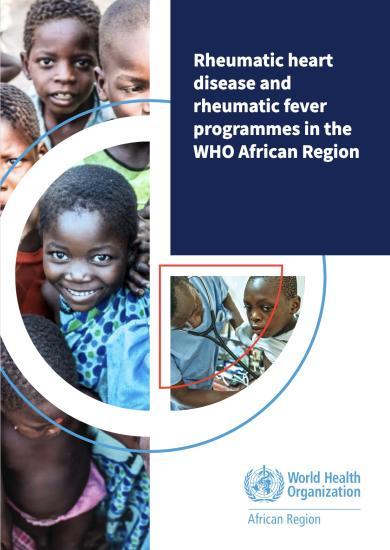
Rheumatic heart disease and rheumatic fever programmes in the WHO African Region: review of reviews
Rheumatic heart disease (RHD) is a significant cause of heart failure globally, with over 40.5 million people affected worldwide in 2019. Sub-Saharan Africa accounts for 23% of RHD cases worldwide, with an estimated prevalence rate of 10.31 cases per 1000 people.
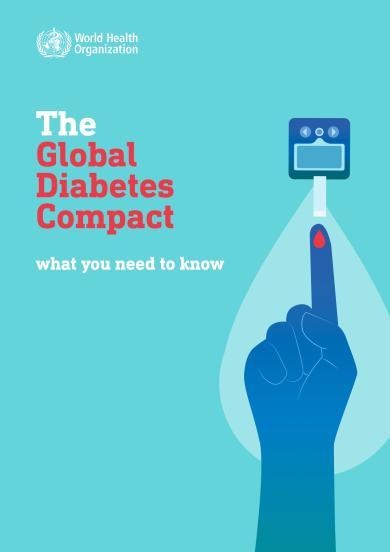
The Global Diabetes Compact : What you need to know
Diabetes is a chronic disease that occurs when either the pancreas does not produce enough insulin, or when the body cannot effectively use the insulin it produces.
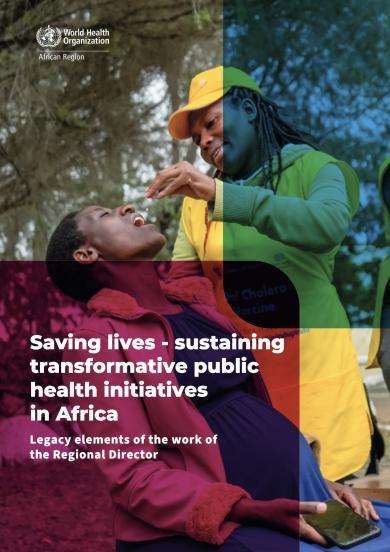
Saving lives - sustaining transformative public health initiatives in Africa: legacy elements of the work of the Regional Director
This document provides an overview of five ‘legacy elements’ that have served the countries of the African Region over the past decade as they responded to an increasingly complex and challenging health landscape.
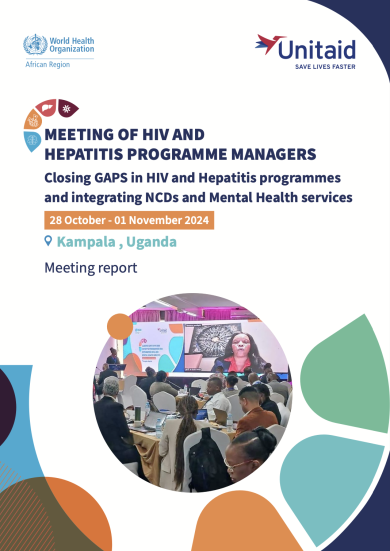
Meeting of HIV and hepatitis programme managers : Closing GAPS in HIV and Hepatitis programmes and integrating NCDs and Mental Health services 28 October - 01 November 2024
The African Region accounts for a disproportionately high burden of the HIV epidemic compared to the rest of the world. In 2023, an estimated 25.9 million people were living with HIV in the Region, of which 90% knew their status, 82% were receiving treatment and 76% had suppressed viral load.
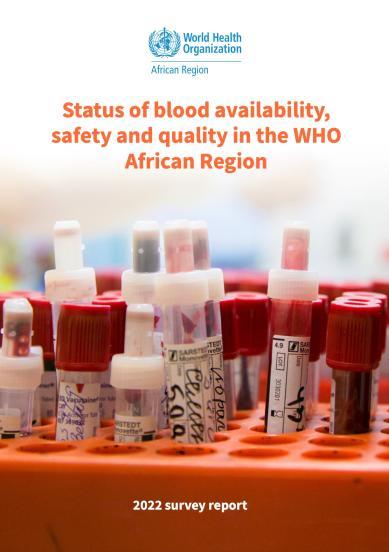
Status of blood availability, safety and quality in the WHO African Region: 2022 survey report
The African Region, which is one of the six regions of WHO, covers 47 countries and is populated by approximately 1 190 393 328 inhabitants as of 2022 (1). The countries of the Region face a heavy burden of infectious diseases such as HIV and tuberculosis, in addition to a high ratio of maternal and infant mortality, as well as mortality due to anaemia mainly resulting from malaria, malnutrition, noncommunicable diseases (NCD) and road traffic accidents (2–6).
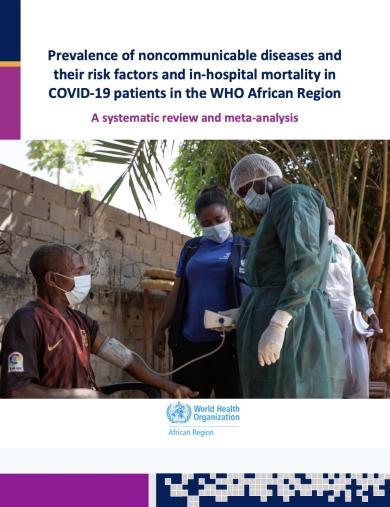
Prevalence of noncommunicable diseases and their risk factors and in-hospital mortality in COVID-19 patients in the WHO African Region: a systematic review and meta-analysis
Noncommunicable diseases (NCDs) are increasingly becoming a major public health challenge and are the leading cause of premature death and disability worldwide. Available data in the scientific literature suggest that pre-existing comorbidities, including NCDs, may increase the risk of COVID-19 severity or COVID-19-related mortality.
WHO sickle package of interventions for sickle cell disease management
The new WHO Africa guidance documents, entitled Guidance Framework for Sickle Cell Disease Management and Harmonized Guide for Sickle Cell Disease Management in Africa, provide countries with strategic guidance for policies, comprehensive care plans and advocacy efforts
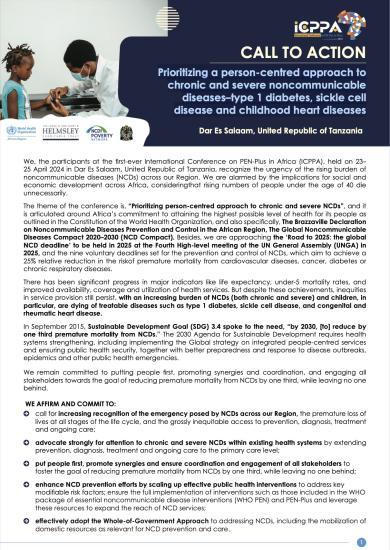
Call to action - Prioritizing a person-centred approach to chronic and severe noncommunicable diseases–type 1 diabetes, sickle cell disease and childhood heart diseases
We, the participants at the first-ever International Conference on PEN-Plus in Africa (ICPPA), held on 23– 25 April 2024 in Dar Es Salaam, United Republic of Tanzania, recognize the urgency of the rising burden of noncommunicable diseases (NCDs) across our Region.
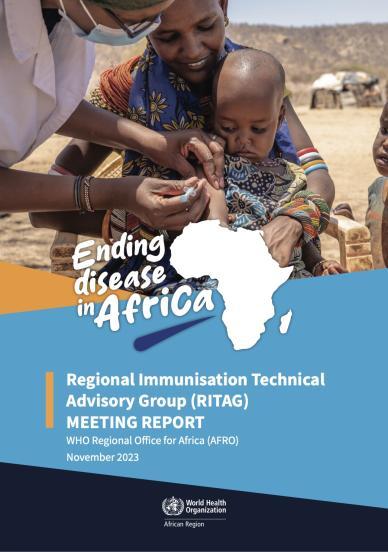
Regional Immunisation Technical Advisory Group (RITAG) - Meeting report
The first post-COVID-19 pandemic in-person meeting of the African Regional Immunisation Technical Advisory Group (RITAG) took place at the WHO Regional Office for Africa (WHO/AFRO), in Brazzaville, Republic of Congo from 7 to 9 November 2023.


